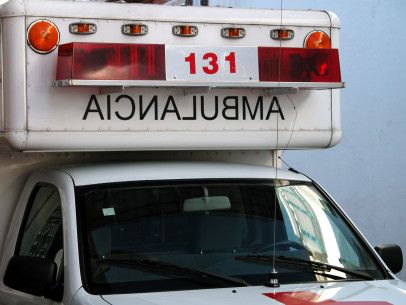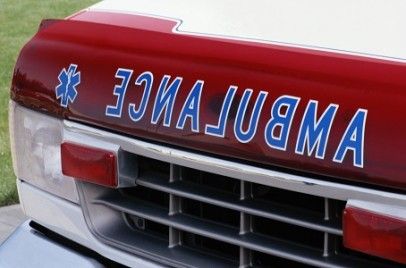Summary of CMS Ambulance Open Door Forum of November 5, 2015
By David M. Werfel, Esq. | Updated November 6, 2015
On November 5, 2015, the Centers for Medicare and Medicaid Services (CMS) conducted its latest Ambulance Open Door Forum. As usual, CMS started with announcements, which were as follows:
As required under the Medicare Access and CHIP Reauthorization Act (HR 2), the pilot program for prior authorization for non-emergency repetitive patients will be expanded to Delaware, the District of Columbia, Maryland, North Carolina, Virginia and West Virginia, effective January 1, 2016. A Special Open Door Forum on the topic will be held by CMS on November 10, 2015 from 12:30 to 1:30 pm. (Link to PDF).
Payment Policies
On October 30, CMS released the final rule on changes in CY 2016 to the Medicare ambulance fee schedule. The final rule will be published in the Federal Register on November 16, 2015. The rule finalizes the following:
- The 2% urban, 3% rural and 22.6% super rural adjustments have been extended through December 31, 2017.
- Urban/Rural Designations – CMS will continue in 2016 and thereafter with the current geographic designations of urban and rural that were implemented on January 1, 2015. CMS also stated the Agency is further reviewing those zip codes which are a RUCA 2 or 3 and have a portion that include a rural census tract. The Agency will issue possible changes in a proposed rule. This review was requested by the AAA and should result in more urban zip codes being designated as rural.
- Vehicle/Staff – For Medicare purposes, a BLS vehicle must include at least a driver and an EMT-Basic. However, the vehicle/staff must also meet all state and local rules.
ICD-10 – CMS published an ambulance crosswalk from ICD-9 codes to ICD-10 codes. Also, the condition codes list is only a guide and using one of the codes does not guarantee coverage.
Meeting at the AAA
- Rogers spoke at the AAA Workshop on Prior Authorization held at the AAA headquarters on October 2. He thanked the AAA for inviting him as a speaker.
- Rogers mentioned one of the issues he discussed at the AAA headquarters was the transportation of psychiatric patients. Dr. Rogers indicated that his opinion is that when patients are in a “psychiatric hold”, that the psychiatric hold, by itself, does not constitute Medicare coverage for an ambulance. He indicated that coverage would exist if there was IV, EKG, medications administered, etc., but that possible elopement was not enough for coverage. Dr. Rogers’s statement was his individual opinion. The AAA does not agree with that opinion and we will be following up with Dr. Rogers and CMS on the matter.
- Rogers stated another issue discussed at the AAA headquarters was on the proper level of service being determined at the time of dispatch. He stated that it was his opinion that Medicare should reimburse for the level of service dispatched.
Healthcare Marketplace – individuals can apply for health coverage through the marketplace from November 1, 2015 to January 31, 2016 through healthcare.gov.
Medicare Open Enrollment – CMS announced the Open Enrollment period has begun for Medicare beneficiaries to select their plan.
The question and answer period followed the announcements. As usual, several resulted in the caller being asked to e-mail their question to CMS. Questions concerning the prior authorization program were asked but the callers were told the questions would be answered on the Special Open Door Forum for prior authorization that will be held on November 10. Answers to questions asked were as follows:
- Medicare does not cover an ambulance transport of a psych patient, as the patient can be transported safely by other means, such as by law enforcement.
- When physicians and facilities do not provide records needed for prior authorization, the ambulance provider may have to choose discontinuing transportation of that patient.
- The denial rate for ICD-10 codes is the same as it was for ICD-9 codes.
- No solution was offered for situations where the SNF uses 911 to call for an ambulance that they know is not needed.
- When Medicaid pays and takes back its payment more than a year after the date of service, due to the patient receiving retroactive Medicare eligibility, Medicare can be billed.
No date was given for the next Ambulance Open Door Forum, other than the November 10 date for the Special Open Door Forum on the expansion of prior authorization.

